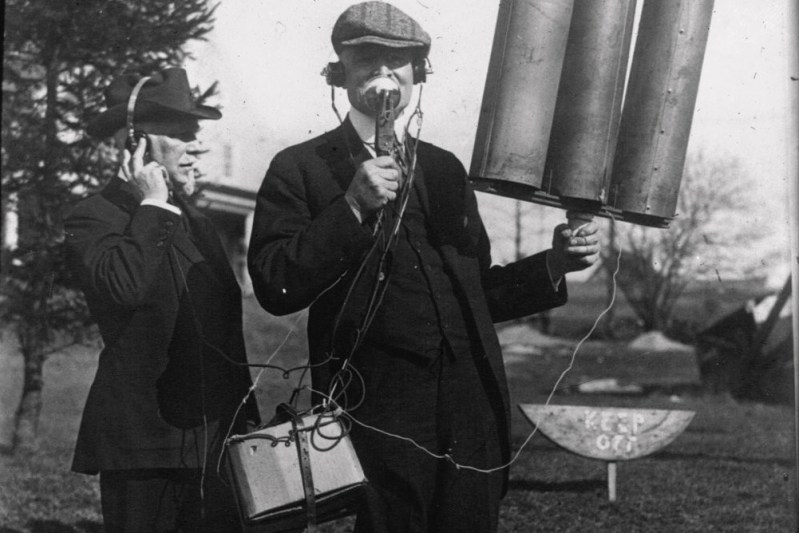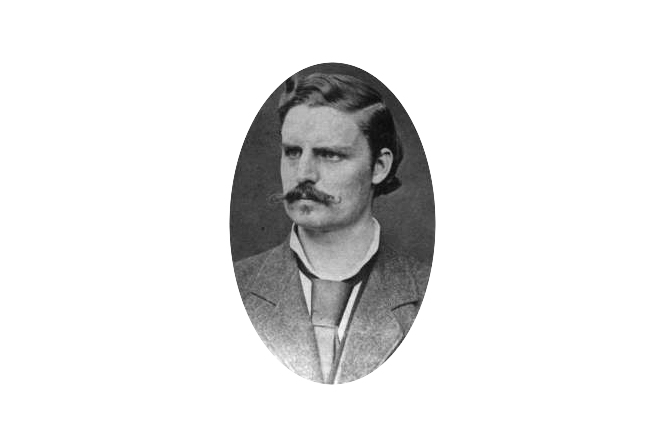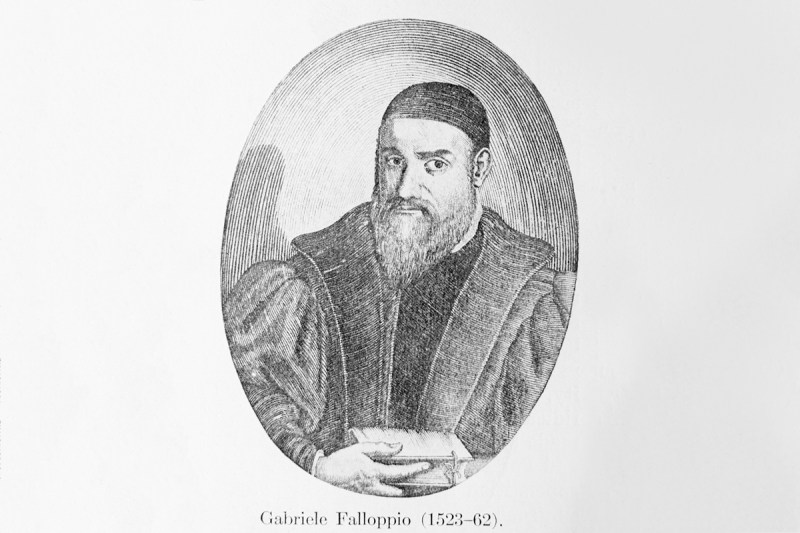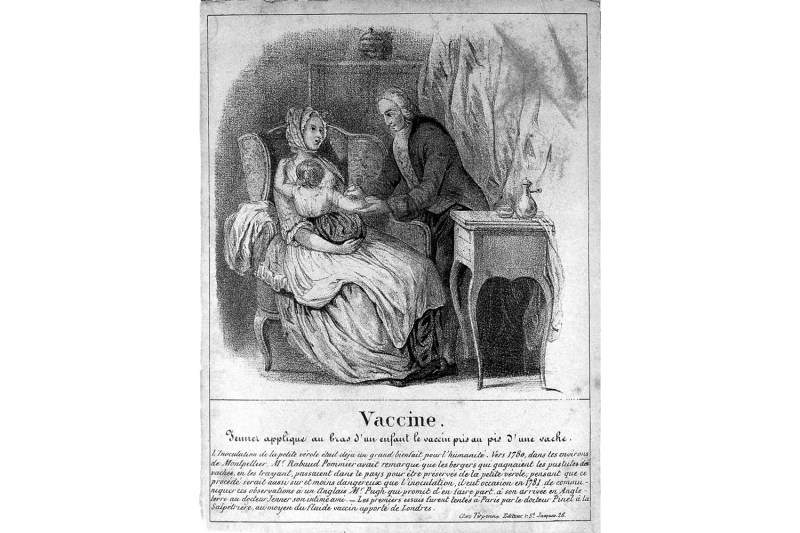We live in wondrous times, if you can ignore politics, most news media, most popular music, endemic xenophobia, and occasional outbreaks of horrid violence. OK, let’s try that again: We live in technologically wondrous times. Private companies routinely launch rockets into space, our phones have more data-crunching power than the super computers of yesteryear (or yester-century, anyway), and we have these cylinders in our homes that we can command to play music or answer random trivia questions.
Ah, but let’s not sit too heavily upon our laurels, my fellow modern men and women — many of the fancy, technologically advanced inventions we might think are a product of our times are actually surprisingly old.
Did you know, for example, that the first working mobile phone was developed in New Mexico the 1750s? You did? Well, it wasn’t.You have some remedial history courses to attend, sir. But don’t worry, there are lots of other other inventions that are way older than you think. Like …
The Mobile Phone – 1918

That’s right, the first device that can be fairly termed a mobile phone was invented during the final year of World War I. Alexander Graham Bell famously invented the telephone in the year 1876, and wireless radios were first used in 1901 (with two-way radios following five years later), but it was in 1918 that German military engineers married the two technologies and linked two telephones together without using wires. They did so by combining radio transmission and receiver technology with telephone hardware, creating a more reliable mobile communication device than the erratic radios of the day. The system was used to link trains and stations, so this mobile phone wasn’t one you could carry around in your pocket, but it was certainly mobile. The first personal-sized cellular phone that uses essentially the same technology as today’s devices was unveiled in 1973.
Contact Lenses – 1888

The first functional contact lenses were developed by a German ophthalmologist named Adolf Fick in the year 1888, though the concept of a vision-correcting lens applied directly to the eye predated his invention by centuries (versions were proposed by Leonardo da Vinci and Descartes in the 16th and 17th centuries, respectively). Fick’s contacts were made of blown glass and were so large that they covered much of the eyeball, including the whites. Their use required application of a liquid between the cornea and the lens, and they could only be worn for short stretches of time (an hour or two at most) before they would cause extreme dryness and discomfort. But they worked, dammit, and probably many years before you would have expected too.
The Automobile – 1769

More than a hundred years before the first gasoline-powered automobiles were rattling down late 19th-century roadways, a Frenchman named Nicolas-Joseph Cugnot created the first self-propelled vehicle that did not require a track. His fardier à vapeur used a steam engine with three large wooden wheels, and was intended to carry heavy loads over all sorts of terrain, primarily in military applications. In practice, the steam car was slow, poorly balanced, had to be stopped every 15 minutes for the boiler to be re-heated, and once knocked over a brick wall due to poor driving. So while perhaps a proof of concept success, it was a de facto flop.
Condoms – 16th Century

While a practical condom was not widely available until the 1800s, the concept dates back at least to the 1500s, and perhaps even farther. Renaissance era Italian physician Gabriele Falloppio is most notable for the fallopian tubes named in his honor, but can also be thought of as the father of the condom. While writing about the then deadly disease syphilis, he proposed use of a linen sheath treated with chemicals be used to cover the penis during sex, thereby preventing transmission of the affliction. These fabric condoms were shorter than later varieties, covering only the glans, and they had to be kept in place with a string. One would understand, then, if a gentleman of the era chose abstinence instead.
Vaccines – 10th Century

While today everyone who isn’t an idiot knows that vaccines prevent all sorts of serious disease and don’t cause other ill effects, for most of human history we had no way to prevent viral sickness. However, people have been vaccinating themselves against viruses for longer than you might think. Many regard British surgeon Edward Jenner as the father of vaccination thanks to his 18th-century work using cowpox exposure as a vaccine against the more serious smallpox disease, but evidence of smallpox vaccination actually dates back hundreds of years before his birth. In 10th-century China, a technique involving nasal inhalation of dried smallpox scabs proved effective at preventing later development of the disease. Whether there were anti-vaxxers a thousand years ago is a mystery for the ages.



